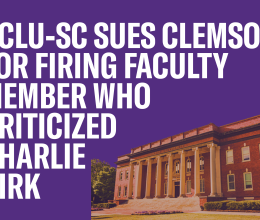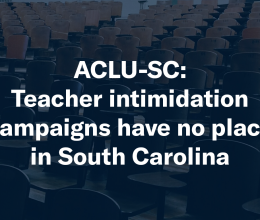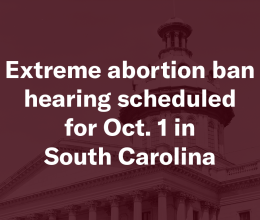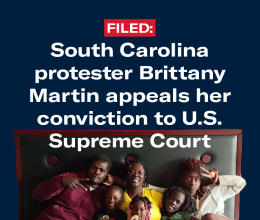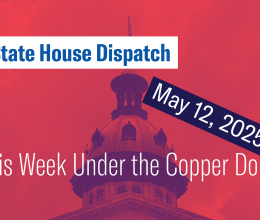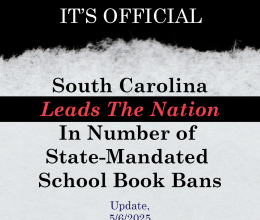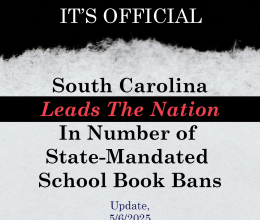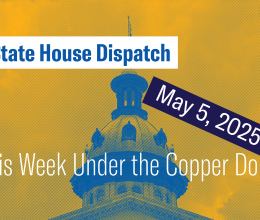
Paul Osmundson, a local news editor for The State newspaper in Columbia, submitted a request in May 2021 for public records from School District Five of Lexington and Richland Counties. Two months later, he filed a lawsuit alleging that the district had not complied with the requirements of the South Carolina Freedom of Information Act (SC FOIA), which grants public access to many government records.
SC FOIA requires that, “[u]pon the filing of the request for declaratory judgment or injunctive relief … the chief administrative judge of the circuit court must schedule an initial hearing within ten days of the service on all parties.”
In this case, the chief administrative judge did not schedule a hearing within the 10-day window. The school district filed a motion to dismiss, and a Richland County circuit court judge dismissed the case — despite the fact that Osmundson had no power to set a hearing or force the court to take action.
Osmundson appealed the lower court’s ruling to the South Carolina Court of Appeals. The ACLU of South Carolina is not a party in this case. However, we filed an amicus curiae, or “friend of the court” brief, arguing that the lower court’s decision was incorrect, unfair, and unconstitutional.
Why this case?
This case deals with one of our most fundamental rights under South Carolina law. Article 1, Section 9 of the South Carolina Constitution states, “All courts shall be public, and every person shall have speedy remedy therein for wrongs sustained.” But because of the court’s failure to set a hearing, Paul Osmundson now has no “remedy” at law.
Ultimately the South Carolina Freedom of Information Act is meant to facilitate, not hamper, public access to records about our government. No one should be denied their rights due to a failure of the court system. If the lower court’s ruling is allowed to stand, Osmundson will continue to be denied his rights under state law, and so will all South Carolinians who seek public records in similar cases.
Allowing the lower court’s ruling to stand would erode our rights in a number of areas, possibly beyond freedom of information. State law similarly sets requirements for hearings to be held within a set amount of time in matters of child welfare, mandatory quarantines, and bond for criminal defendants, to cite just a few examples.
Additionally, as we argue in the brief, the courts violated Osmundson’s right to procedural due process under the U.S. and South Carolina constitutions.
The latest
On June 26, 2024, the South Carolina Court of Appeals reversed and remanded the lower court's ruling, effectively reinstating Osmundson's lawsuit. The case is ongoing.

